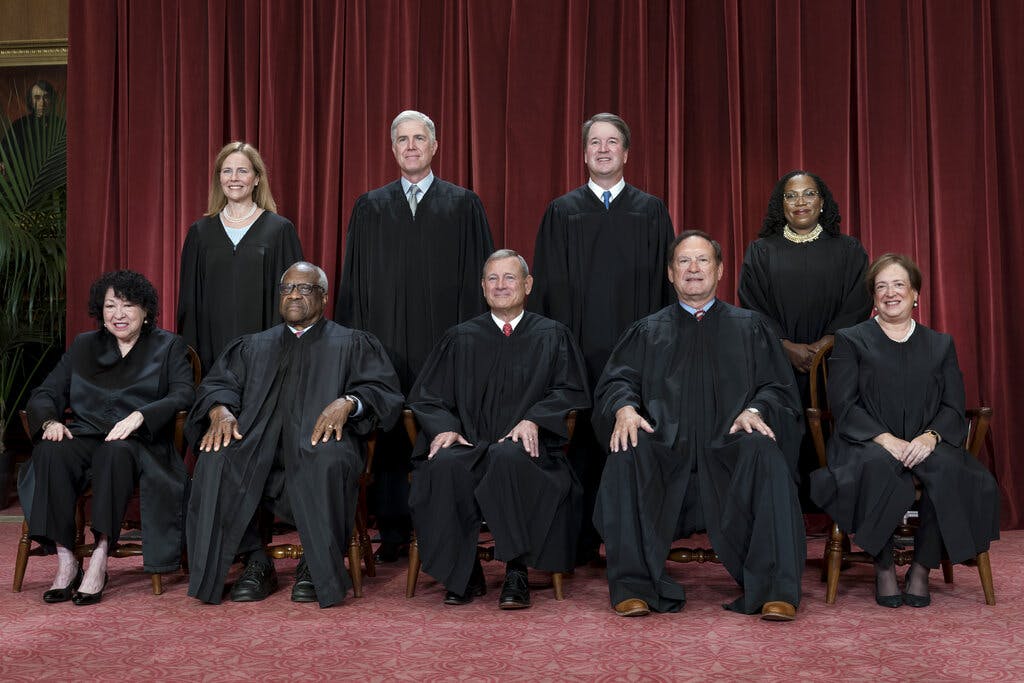
American, Japanese Forces Play Hyped-up ‘Iron Fist’ War Games Against Constant Threat of Communist Chinese Invasion of Taiwan
By DONALD KIRK
|Legal lions largely saw President Trump’s disqualification as as a done deal, but the Supreme Court had some questions.

Already have a subscription? Sign in to continue reading

By DONALD KIRK
|
By LUKE FUNK
|
$0.01/day for 60 days
Cancel anytime
By continuing you agree to our Privacy Policy and Terms of Service.
By BRADLEY CORTRIGHT
|